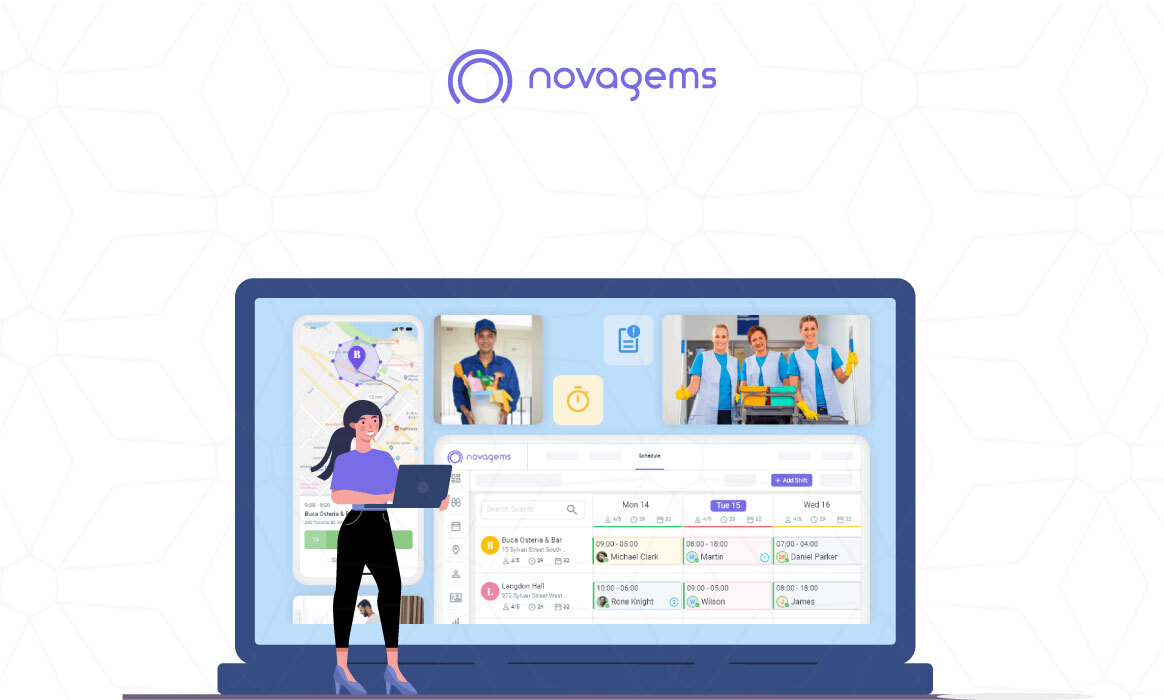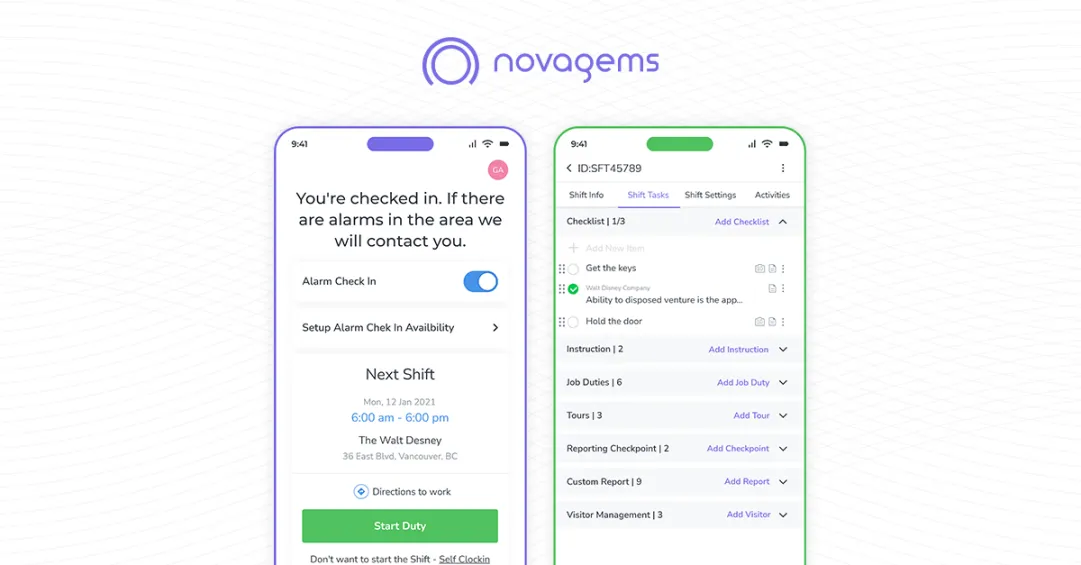Future Trends in Cleaning Software Management
Thu, Jul 20, 2023
Read in 4 minutes

Introduction
In recent years, the cleaning industry has witnessed a transformative shift with the integration of cutting-edge technologies into software management systems. From Artificial Intelligence (AI) and the Internet of Things (IoT) to predictive analytics and sustainability, these future trends are reshaping the way cleaning businesses operate. In this blog, we will delve into the exciting developments driving the future of cleaning software management. Discover how these innovations are streamlining operations, enhancing efficiency, and promoting sustainability for businesses across the cleaning industry.
AI Integration in Cleaning Software
Artificial Intelligence has emerged as a game-changer in the cleaning industry. AI-powered cleaning software can analyze vast amounts of data and provide intelligent insights to optimize various cleaning operations. These sophisticated systems can schedule cleaning tasks more efficiently, allocate resources effectively, and even predict equipment maintenance needs, reducing downtime and maximizing productivity. Furthermore, AI-driven analytics enable businesses to understand customer preferences better, leading to more personalized cleaning services and improved customer satisfaction.
Here are some ways AI can be integrated into cleaning software:
Automated Scheduling:
AI algorithms can analyze historical data, cleaning requirements, and real-time factors like foot traffic to optimize cleaning schedules. This helps ensure that cleaning is performed precisely when and where it is needed most, leading to better resource management and customer satisfaction.
Image Recognition and Analysis:
Cleaning software can utilize AI-powered image recognition to detect and identify areas that require cleaning, such as spills or stains. This enables more targeted cleaning efforts and faster response times. The visual proofs will help your cleaner maintain a record of their services and prevent your business from facing any negative claims.
Performance Monitoring:
AI algorithms can assess the quality of cleaning services by comparing results against established standards. They can identify areas where cleaning may be lacking and provide recommendations for improvement.
Data Analytics and Insights:
AI can analyze large volumes of cleaning-related data, identifying patterns and trends that can inform decision-making, optimize processes, and improve overall cleaning efficiency.
Real-time Feedback and Reporting:
AI-powered sensors and data analysis can provide real-time feedback on cleaning progress and performance, allowing for immediate adjustments and optimizations.
IoT-Enabled Smart Sensors for Enhanced Cleaning
The Internet of Things has paved the way for smart cleaning devices equipped with sensors that collect real-time data on cleaning performance. IoT-enabled vacuum cleaners, floor scrubbers, and other cleaning equipment can monitor usage, identify maintenance needs, and communicate with cleaning software systems autonomously. By leveraging IoT technology, cleaning businesses can proactively address issues, optimize cleaning schedules, and reduce energy consumption, all while ensuring a cleaner and healthier environment for their clients.
Cloud-Based Cleaning Management Solutions
Cloud-based cleaning management solutions offer significant advantages, such as enhanced accessibility and data security. With data stored in the cloud, cleaning teams can access real-time information from anywhere, facilitating seamless communication and collaboration. Moreover, cloud-based systems streamline administrative tasks, like scheduling, invoicing, and inventory management, resulting in improved operational efficiency for cleaning businesses of all sizes.
Predictive Analytics Revolutionizing Cleaning Operations
Predictive analytics empowers cleaning businesses to anticipate future demands and trends accurately. By analyzing historical data, cleaning software can forecast peak cleaning periods, enabling businesses to allocate resources and staff efficiently. Additionally, predictive analytics aids in identifying potential areas of improvement in cleaning operations, helping businesses make informed decisions to enhance service quality and meet client expectations.
Data-Driven Decision Making and Mobile Apps
Data-driven decision making is becoming a cornerstone of effective cleaning management. Cleaning software gathers and analyzes data on various performance metrics, enabling businesses to make informed decisions and optimize their operations continuously. Additionally, mobile apps empower cleaning teams with on-the-go access to schedules, client information, and performance analytics, fostering improved communication and efficiency within the workforce.
Conclusion
The future of cleaning software management is undeniably promising, with AI, IoT, predictive analytics, and sustainable practices at its core. By embracing these trends, cleaning businesses can stay competitive, offer superior services, and promote a cleaner and greener future for us all.
Get a Free Trial
Sign up For Newsletter
Latest Blog Posts
Get Started
Start being productive & grow your business
with Novagems




